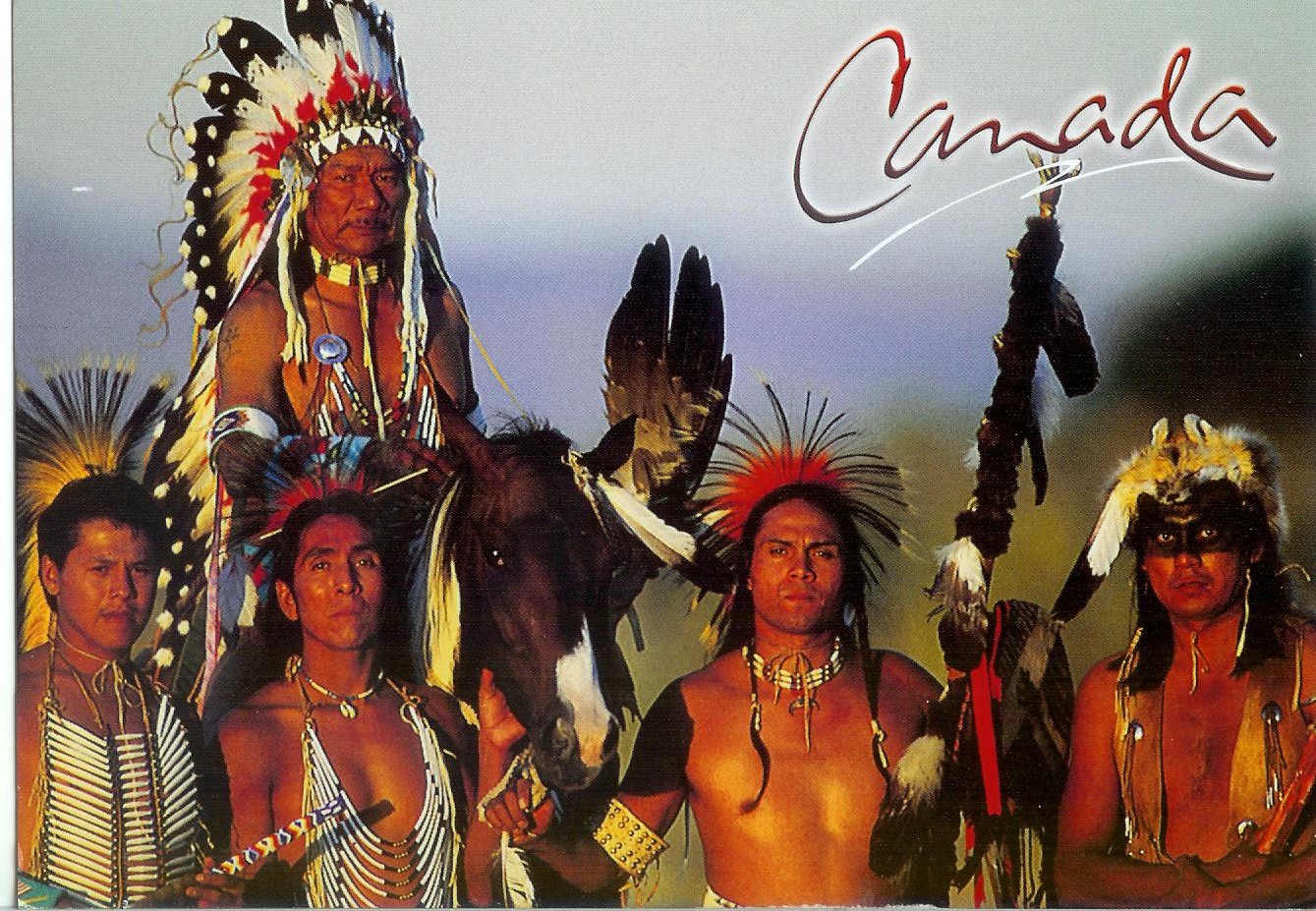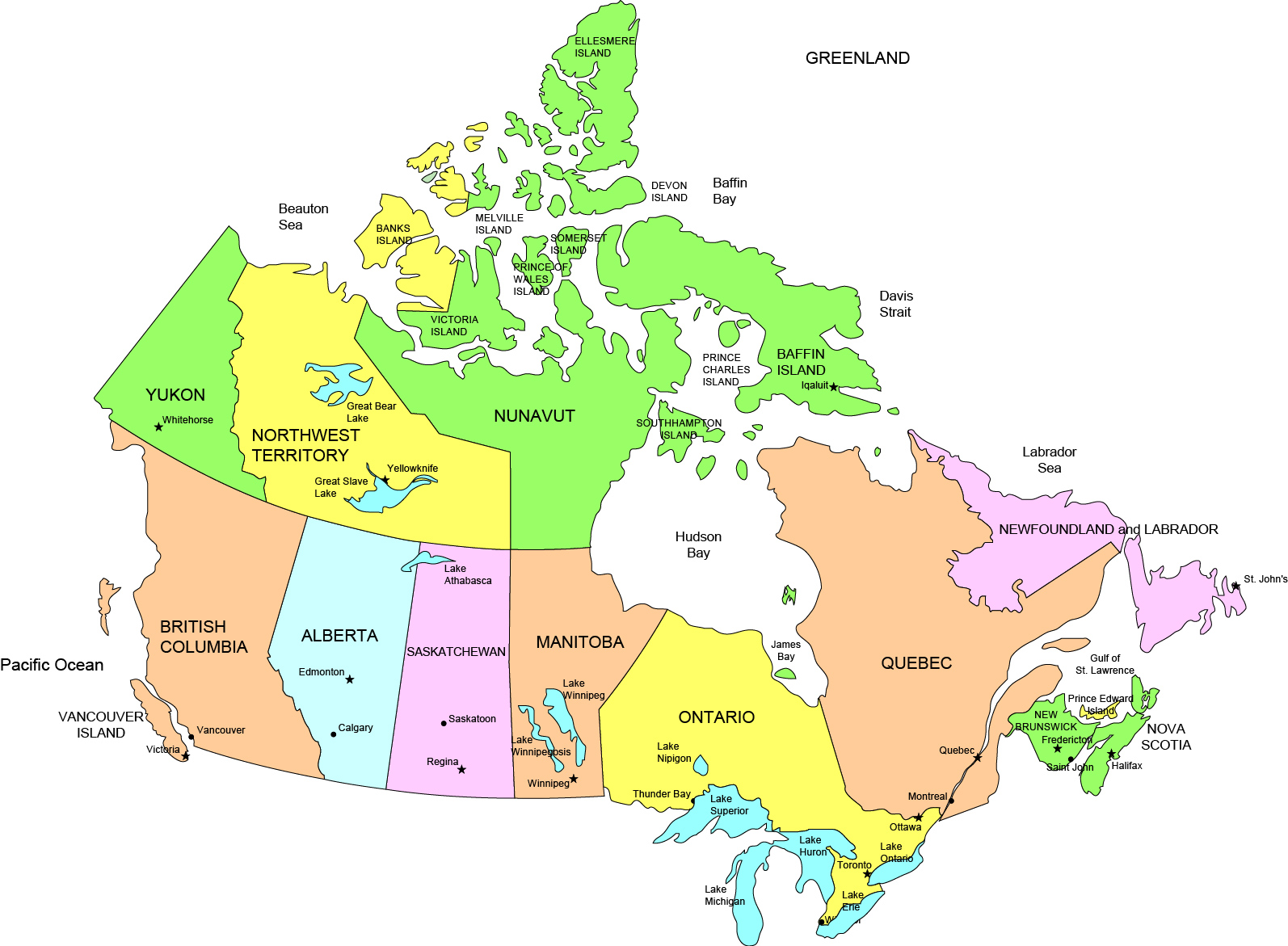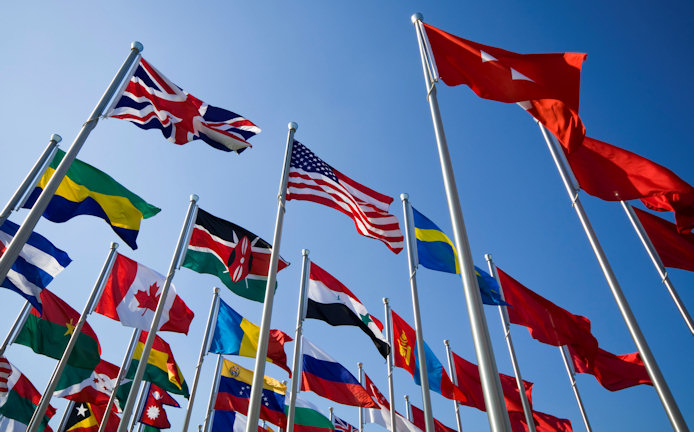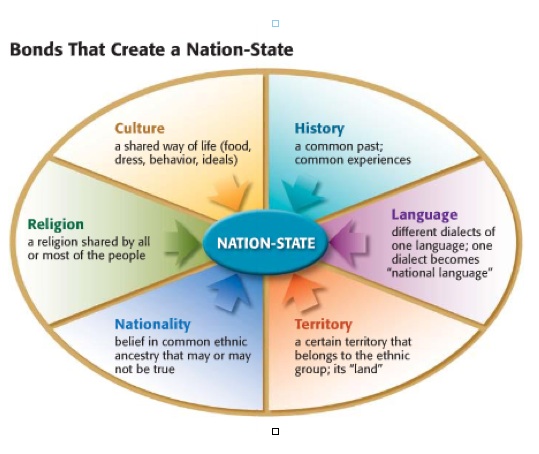U1L1 Nation and Identity
| Site: | MoodleHUB.ca 🍁 |
| Course: | Social 20-2 RVS |
| Book: | U1L1 Nation and Identity |
| Printed by: | Guest user |
| Date: | Saturday, 27 December 2025, 1:57 PM |
Description
U1L1 Nation and Identity
Introduction
Foundations of Nationalism
Key Issues
To what extent should we embrace nationalism?
To what extent should nation be the foundation of identity?
To what extent are nation and identity related?
How important is your nation in shaping who you are? People often think of their nation when asked where they are from or which national team they are cheering for. In your own life, do you connect strongly to one nation or to many nations?
Throughout this lesson you will inquire into the relationship between nation, nationalism, and identity by exploring the following question: To what extent should nation be the foundation of identity?
Further to this, you will explore the diverse understandings of nation in response to the following question: How does my identity express the extent to which I embrace nation and nationalism? Each of the following lesson inquiries will develop understandings to help you respond to the following questions:
- How does my identity express my connections to nation?
- What is the relationship between nation and nation-state?
- How do people express their connections to nation?
Finally, this lesson will introduce students to the general concepts and understandings of the word 'nation'. Exploring this initial content will give students a better understanding how and why, Canada is considered a Civic Nation.
Lesson
![]() RESOURCES
RESOURCES
Watch the following introduction to nationalism.
Read and refer to Chapter One as your resource for completing this lesson's assignment.
![]() LESSON
LESSON
|
Nation |
 |
| Nation-state An internationally recognized sovereign nation that has a distinct geographical boundary and political system. |
 |
| Factors or characteristics that help to create or unify an nation of people include: Language - help us to share ideas and make connections Ethnicity - people want to live with others who share a similar language, history and culture. Culture - links people together through acceptable ways to act (norms) and the way of life we share such as diet, entertainment, etc. Geography - where people live can influence their culture. Isolated locations can impact a nation's relationship to the land, etc. Civic Nationalism - a nation's willingness to share common values and live under the same laws (political unity). |
What is a Nation anyway? Let's clarify a few terms.
Country and Nation
Some people believe that country and nation mean the same thing. There are words we use that suggest this is true. For example:
- Nation-state means “country.”
- International means “between countries.”
- Nationalism among other things can mean, “striving for a country.”
- Only countries can be members of the United Nations
The word “nation” was originally a Latin word that meant, “people” or “race.”
Many people believe that the word nation refers to a group of people and is different from the idea of country.
Nation as a Concept
Many academics have tried to define what a nation is. Which views do you agree with?
- The nation is the people.
- Nation emerges from a feeling of belonging.
- The nation is an imagined political community.
- The nation exists when people want self-government.
- The nation expresses the soul of the people.
Nation as a Collective
Another definition is that a nation is a collective — or group — identity. When we use words like “we”, “us,” and “our” it shows that we are thinking collectively.
Nation as a Patriotic Concept
Patriotism means love of your country.|
Watch the first part of the following video on Nationalism
http://study.com/academy/lesson/how-nationalism-impacts-world-politics.html
 |
TERMS nation-state
|
Assignment

Watch the following Crash Course Video and complete the tasks that follow:
Part A:
Open the following What is a Nation
document and use it to answer the questions in the following open book quiz:
Part B
Open the following
Nation and Nationalism
document and use it to answer the questions in the following open book quiz:
Conclusion
In this lesson you explored definitions of nation and nation state. You explored what a nation is and came to understand that a nation can either be a distinct physical territory with a government or it can be a group of people who share a sense of belonging.
A country must meet these criteria to exist:
- It is an independent (self-governing) nation. It can make its own decisions freely without outside influence.
- It exists within clearly defined borders which are internationally recognized. This means that other countries recognize and respect its borders.
- Its citizens share values and beliefs (such as culture).
You examined examples of both nations and nation states.
Then you looked at nationalism and realized that the word means different things to different people. It is the feelings people have in identifying with their nation. It can be a sense of kinship or common identity. These feelings generally include loyalty for, and pride in, the nation's culture.
Nationalism is also a collective feeling of separateness or uniqueness from other groups of people. This can be expressed in the form of “We are ...” or “We are not ....” such as when Canadians distinguish themselves from people of the United States.
Nationalism can also be inspired by ethnicity, language, culture, religion, spirituality, politics, as well as by geography and a relationship to the land.
You have now been introduced to the exciting times that led to the positive and negatives of nationalism in our present world. Some results (like those of the French Revolution) significantly improved the lives of most people, while others had a negative impact, as we shall see later on!